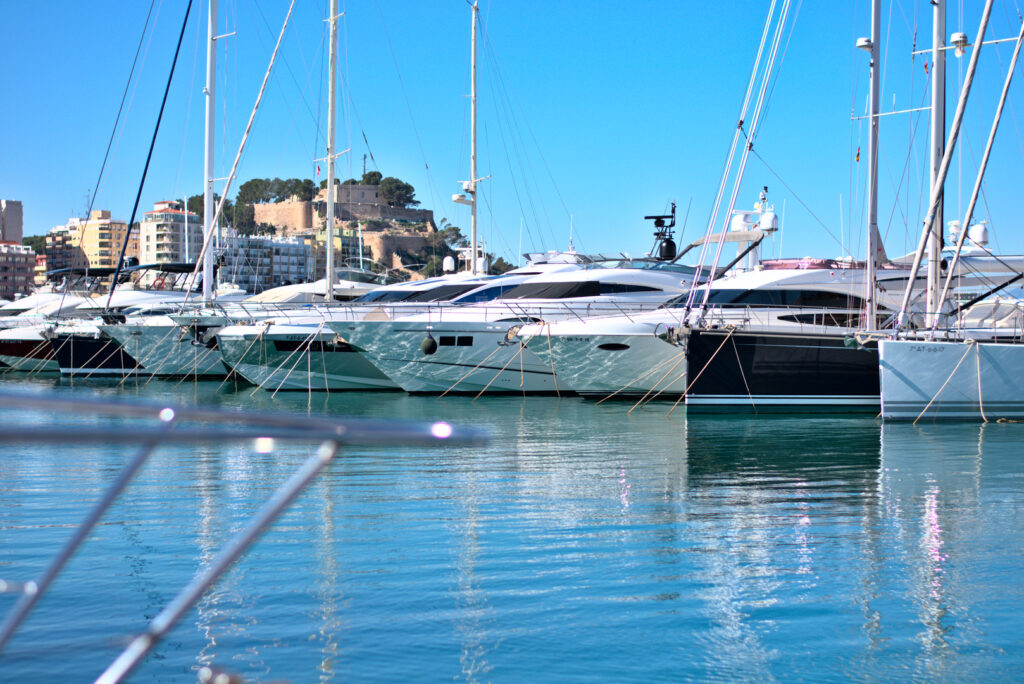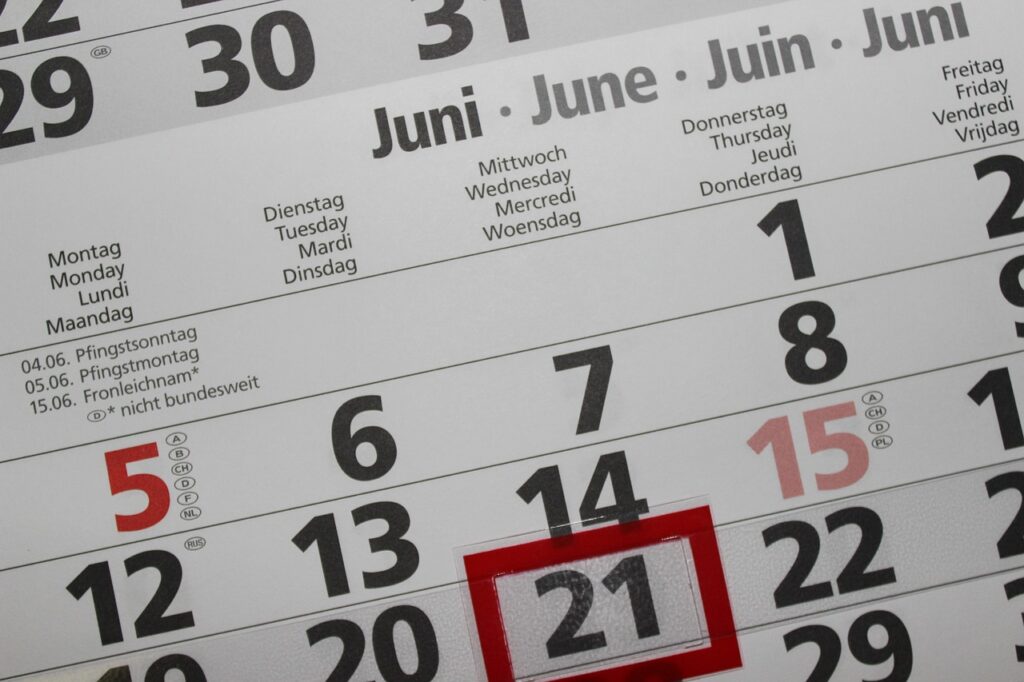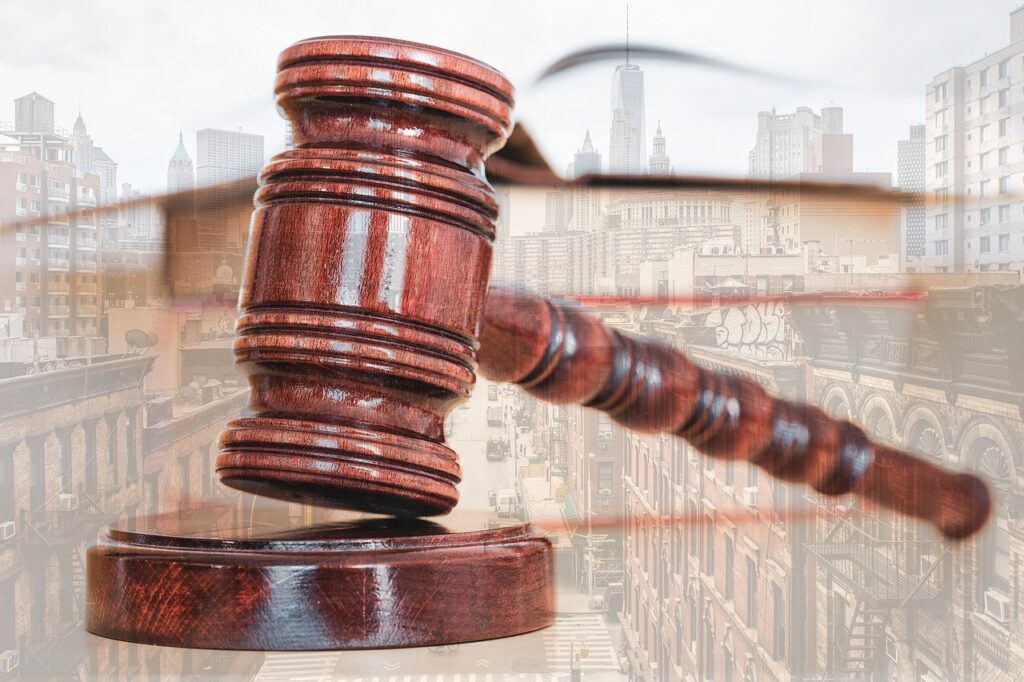If you own a tourist rental property in Dénia or are thinking about acquiring one to rent out to tourists, it’s important that you read this post. Keep in mind that regulations changed last August (2024), and you must comply with new requirements according to the Consell’s Decree-Law 9/2024, published on August 7. Below, we explain the main changes, but you can check the full decree HERE, in the Official Gazette of the Generalitat Valenciana.
We also recommend visiting the website of the Department of Innovation, Industry, Commerce, and Tourism to review the procedure that tourist properties must follow and the FAQ section published to address specific questions.
If you still have questions, you can send your inquiries to ordenación_turisme@gva.es or contact the territorial tourism offices in Alicante: apartamentos_turismoa@gva.es.
1. Rentals limited to 10 days (9 nights) maximum per client
The new decree stipulates that a tourist property is one that is rented out entirely (not by rooms) and for a maximum of 10 consecutive days to the same tenant. This distinguishes tourist use from other types of short-term rentals, which are regulated by national laws.
If the reservation was made before the decree took effect (August 8, 2024) and exceeds 10 days (9 nights), you can maintain the contract until it ends.
Additionally, for a property to be considered a tourist rental, it must have a favorable municipal urban compatibility report and a unique cadastral reference, which must be reflected in the rental contract.
You can rent the property for tourist use during the period registered in the Tourism Register of the Valencian Community, and outside of that period, for other uses with contracts exceeding 10 days.

2. Community of owners certificate
To register a tourist property in Dénia, you will need a certificate from the community of owners that verifies that tourist use is not prohibited in the building.

3. Registration expires after 5 years
All tourist properties must be registered in the Tourism Register of the Valencian Community and have a registration number. This registration must be renewed every 5 years.
If your property was registered before August 7, 2024, it will be valid until August 8, 2029. After that date, you will need to re-register according to the new regulations.
To register or renew a property’s registration, you need to submit a responsible declaration confirming compliance with all applicable requirements, indicate the property’s cadastral reference, specify the period of the year it will be rented for tourism purposes, and have a favorable urban compatibility report from the local municipality where the property is located.
The registration process can only be done online through the SELF-REGISTRATION FOR TOURIST USE PROPERTIES.
The lack of a cadastral reference or renting for more than 10 days during the registered period are grounds for losing the registration.
In addition to the five-year renewal, you must also register again if the property ownership changes. If you are buying a property in Dénia and the current owner assures you that it already has a tourist license, be sure to verify it and get a written agreement stating that they will not cancel the tourist license and will allow time for the new owner to apply for the name change on the license.
The owner and the commercial manager of a tourist property in Dénia can be different. The registered commercial manager will always be the responsible party for its operation, but the property owner will have secondary liability if there are violations regarding illegal offerings or clandestine activities and they do not provide the identity of the registered manager.
If you have a property registered in Dénia and want to check the information in the Tourism Register, you can do so on the website through the following link:

OFFICIAL LIST OF TOURISM BUSINESSES
4. New responsible declaration every 5 years
To renew the registration, you must update the responsible declaration one month before the five-year deadline, also providing (as explained in point 5) an updated urban compatibility report from the Dénia City Council.
The information to be updated varies depending on whether the property was registered before or after the new decree took effect. If the property was registered before July 8, 2018, you only need to submit a responsible declaration confirming compliance with the minimum requirements in Annex III of the new Consell Decree-Law 9/2024, published on August 7, regarding access, facilities, and equipment.
Once the responsible declaration is submitted to register the tourist property in Dénia, the operation as a tourist accommodation must begin within two months.
5. Easier urban compatibility report
The decree simplifies obtaining the urban compatibility report. For Dénia, the urban planning department is responsible for issuing these urban compatibility certificates for tourist use.
The decree-law requires holders of tourist licenses to renew them, and in turn, also renew this certificate. The Dénia City Council’s urban planning department has confirmed that when the time comes, they will streamline the process for requesting the renewal of this certificate, as renewals will not be done until one month before the five-year deadline under this decree-law.
If there are changes (renovations) in the property that affect this certificate, you can request the certificate directly from the Dénia City Council or have the same company that carried out the renovation present it through a Collaborating Entity of the Municipal Administration in Urban Verification (ECUVs). The city of Dénia is part of these entities.

6. Exact location in Dénia and registration number in all advertising
All advertisements for tourist properties must include the exact location and the registration number in the Tourism Register. Failure to comply with this requirement is considered a serious violation.
If you do not update the cadastral reference in the Register before December 31, 2024, your property will be de-registered. You must also display the official tourist property badge with the registration number at the entrance or inside the property.

7. Rules of conduct and use
Each tourist property must have internal rules that include regulations for coexisting with the community of owners and the conditions for using services and facilities.
8. Prohibition of key delivery through street lockboxes
The decree prohibits the delivery of keys through lockboxes located in public areas. Additionally, tourist properties must offer cleaning services, linen changes, repairs, and maintenance.
9. Minimum dimensions and services
Tourist properties in Dénia must meet the minimum dimensions for residential use and ensure the same conditions for lighting and ventilation. They must have an evacuation plan or emergency instructions in multiple languages, a 24-hour service, air conditioning and heating in the living-dining room, internet access, a first aid kit, among other requirements.
The decree allows a five-year period for properties that already had a tourist license before this Decree-Law to adapt to these new requirements.
10. Fines and liability
The decree provides for fines of up to €600,000 for serious or very serious violations, such as renting by rooms or failing to comply with advertising regulations.
In summary
If you have a tourist property in Dénia or are considering acquiring one, it is crucial to familiarize yourself with the new requirements of the Consell’s Decree-Law 9/2024. This regulatory framework introduces significant changes that affect both how rentals are managed and the conditions for registration in the Tourism Register. Dénia, as a prominent tourist destination, has adopted these regulations to improve the quality of accommodation and ensure compliance with urban planning regulations. Complying with these requirements will not only help you avoid penalties but also contribute to maintaining Dénia’s reputation as a responsible and high-quality tourist destination.



